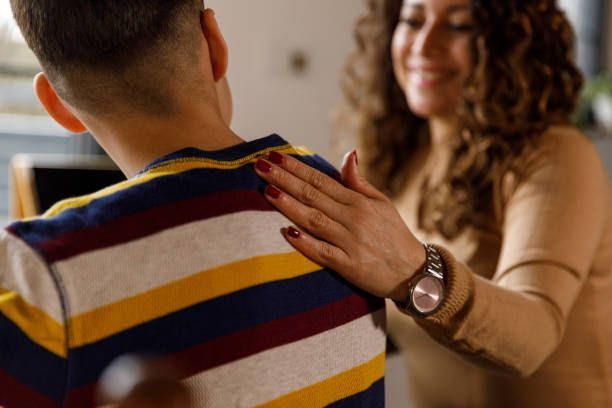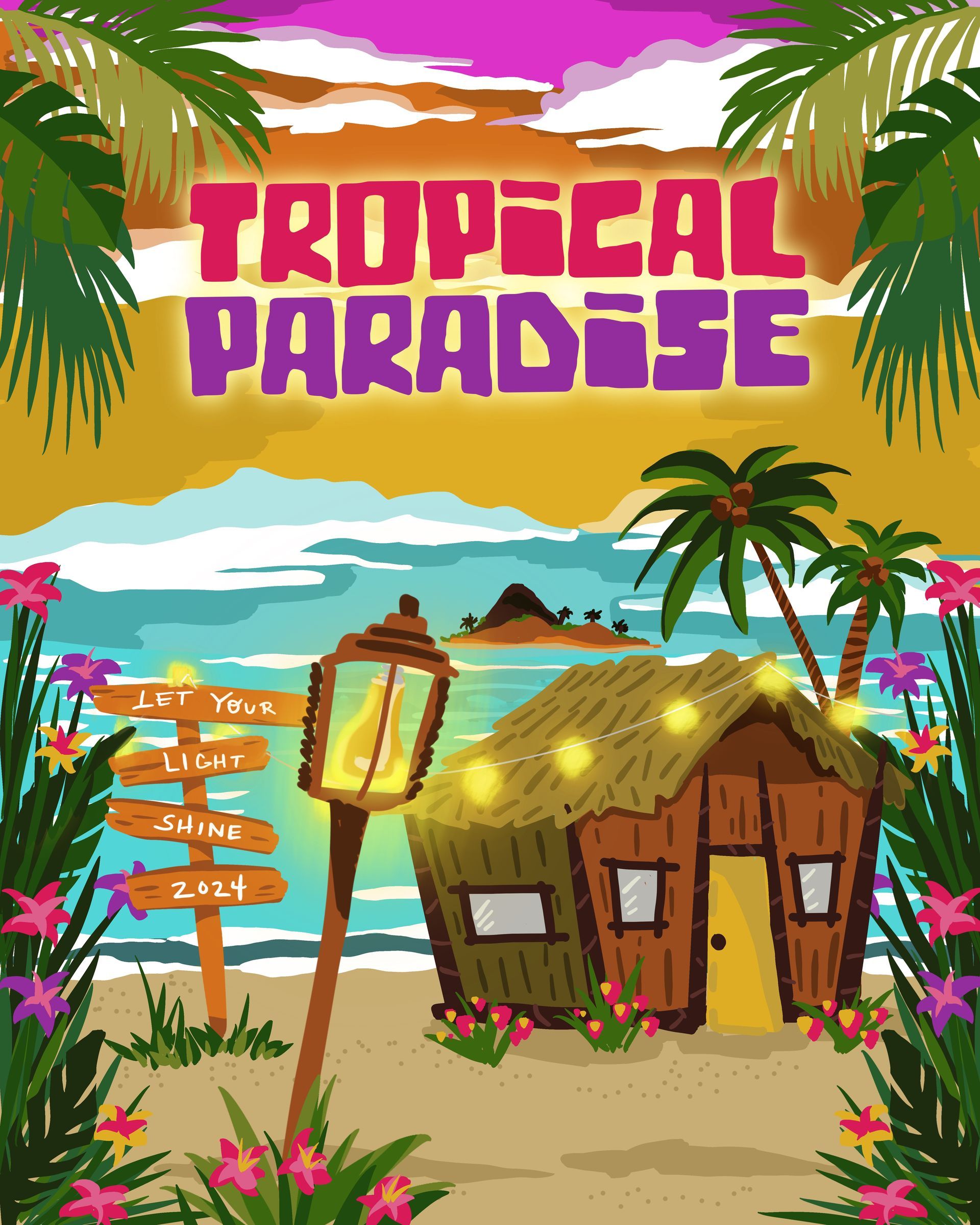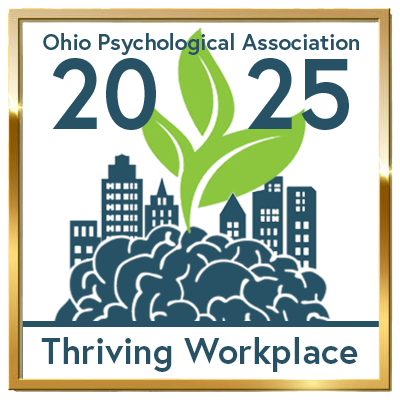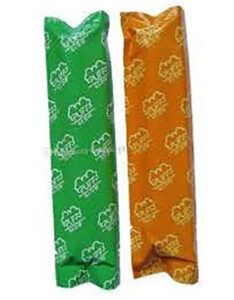
VAPING POP QUIZ
- If you found this item in your teen's pocket, what might be in it?
a. Tampon
b. Candy
c. Puff Bar vape
d. Flavored drink mix
2. If you saw this advertised, at first glance, you might think it was:
a Breath freshener
b. Lip gloss
c. Perfume
d. Vape pen
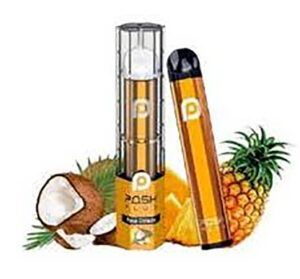

3. Which of these is NOT a vape pen?
Answers: Question 1- c, Question 2 - d, Question 3 -b
VAPE PENS ... PUFF BARS ... POD MODS ... WHAT ARE THEY?
In October 2019, JUUL pulled most of its flavor pods off the market in response to the growing concern of teen vaping. Unfortunately, by then, adolescents had moved on to the next big thing: Puff Bars. Similar to the JUUL, Puff Bars are e-cigarettes designed for one-time use. These disposable “pod mods” began to emerge on college campuses in 2019 and have now emigrated to the high school population. According to the CDC, during 2019-2020, DISPOSABLE VAPE USE WENT UP 1000% among high schoolers who vape (Wang et al, 2020). Teens like them because they taste similar to the JUUL, last longer than a JUUL pod, and have a good “hit” like the JUUL. They come in a variety of sizes measured by the amount of ‘puffs’. A medium sized bar has about 400 puffs and can contain as much nicotine as 2-3 packs of cigarettes. One of the problems with these Puff Bars is that teens often inhale more deeply and consequently are getting higher levels of nicotine in their lungs.
ADVICE FOR CONCERNED PARENTS
Approach softly, don’t confront
Teens generally respond better in conversation form rather than scare tactics or direct confrontation. The conversation might start with a general question such as, “I’ve been reading about vaping and how much nicotine is in the products, what have you heard?” Share information with them by engaging them in conversation. Teens can be very curious and are open to information even though they may pretend they’re not interested. Most teens want to talk to their parents about important things. During the conversation it’s possible that their use may come out, if it does let them know you’re concerned and would like them to get help.
Know what’s out there
Stay educated about the latest products, the world of vaping is changing constantly and quickly. One organization, Parents Against Vaping E-cigarettes (PAVe) is a national advocacy and education organization that is dedicated to protecting children “from the dangers of e-cigarettes and the predatory behavior of Big Tobacco”. PAVe can be found online at: https://www.parentsagainstvaping.org/. Refillable cartridges are also available online and can be easily purchased from websites that are not really age-protected. Puff Bars and cartridges can be very addictive, it’s important to talk with kids about the risks and concerns of vaping.
Finding help
Help is available for kids that have become addicted to nicotine. There are a number of online resources such as:
- My Life, My Quit™ is a “free and confidential way to quit smoking or vaping. Text "Start My Quit" to 36072 or click to chat with a Coach.”
- https://mylifemyquit.org
- Truth Initiative is America’s largest nonprofit public health organization dedicated to a future where tobacco and nicotine addiction are things of the past. Their mission is “to achieve a culture where young people reject smoking, vaping, and nicotine.”
- https://truthinitiative.org/who-we-are/our-mission
o Teens and young adults can join for free by texting DITCHVAPE to 88709.
Child and Adolescent Behavioral Health provides outpatient and group therapy for youth needing education or clinical services related to vaping and substance use. Often youth turn to vaping to help them relax, to feel included by peers, or to satisfy a curiosity. They may not be aware of or think through the long term effects of nicotine use and then find themselves addicted and unsure what to do. Parents can be unaware of the latest trends and devices that their kids are exposed to. If you feel you need help for your child, please contact Karita Nussbaum PhD, LISW, LICDC at 330-433-6075 x217 with questions or concerns or schedule an appointment for an assessment with the intake department.
Karita Nussbaum, PhD, LISW, LICDC has over thirty years of experience working in the field of behavioral health, over 10 are with substance use. She is currently the Program Manager for the
Gemini Program which serves both mental health and substance use disorders at
Child & Adolescent Behavioral Health.
RECENT POSTS





